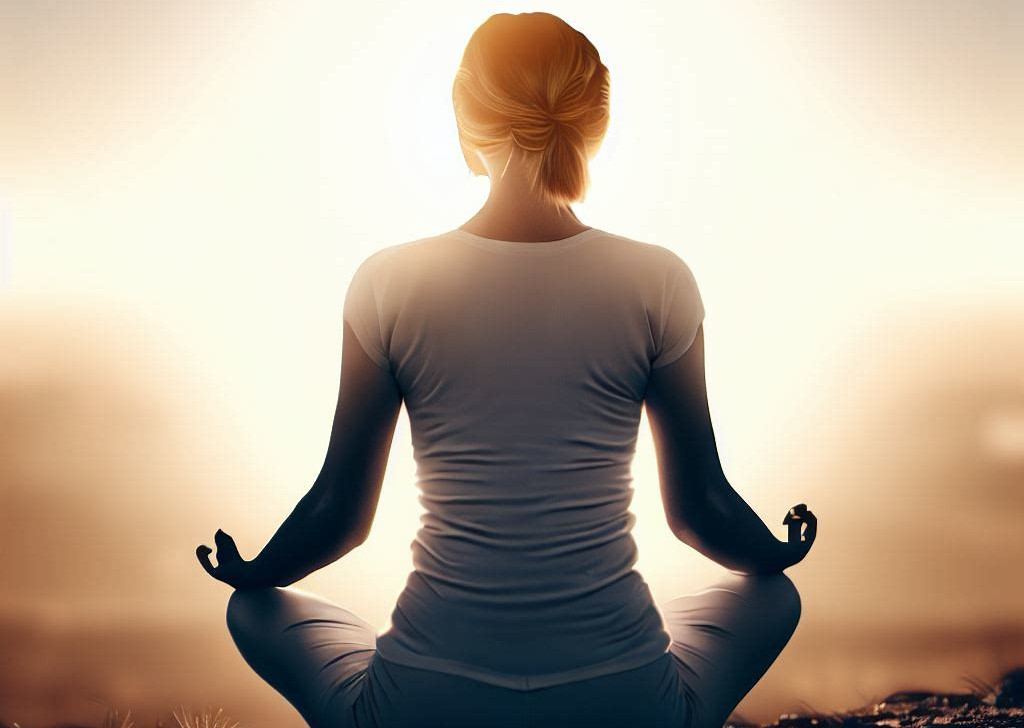The Forgotten Practice of Sun Gazing: Can Staring at the Sun Improve Your Health?

Do you ever look up at the sun and wonder if there's more to it than just its warmth and light? Turns out, there might be an ancient practice that holds the key to harnessing the sun's energy for better health. It's called Sun Gazing, and it's a practice that has intrigued spiritual seekers and health enthusiasts for centuries.
What is Sun Gazing?
Sun Gazing involves the simple act of staring directly at the sun during specific times of the day, usually during sunrise or sunset when the sun's rays are less intense. This practice isn't about gazing for hours on end; it's more about a few minutes of intentional connection with the sun.
The Benefits of Sun Gazing
While it might sound unconventional, some proponents of Sun Gazing claim it can offer a range of health benefits. One of the most notable benefits is the potential boost to mood and energy. Just like how exposure to natural light can improve your mood, gazing at the sun might trigger the release of serotonin – the "feel-good" hormone.
Another purported advantage is its potential to improve vision and eye health. Sun Gazing is believed to stimulate the muscles and nerves in the eyes, possibly leading to improved eyesight. However, it's crucial to note that staring at the sun during its brightest hours can actually damage your eyes, so this practice must be done safely.
The Science Behind It
While there's limited scientific research on Sun Gazing, some experts suggest that the sun's rays contain a wide spectrum of light, including beneficial wavelengths like red and near-infrared light. These wavelengths are known to support cellular energy production and overall health. Exposure to morning sunlight has also been linked to regulating the body's internal clock and improving sleep patterns.
Safety First
Before you rush outside to gaze at the sun, keep in mind that safety is paramount. Never stare at the sun directly when it's high in the sky or during intense sunlight hours, as this can lead to serious eye damage. Instead, focus on the first hour after sunrise or the last hour before sunset. Even during these times, use common sense – start with just a few seconds and gradually increase the time as your eyes adjust.
While Sun Gazing might sound like an intriguing practice, it's important to approach it with caution and mindfulness. If you're curious, consider giving it a try during the safe hours and paying attention to how your body responds. Remember, while the sun offers numerous benefits, protecting your eyes and practicing moderation is key. Always consult with a medical professional before trying any new health practice, especially one that involves direct sun exposure.



